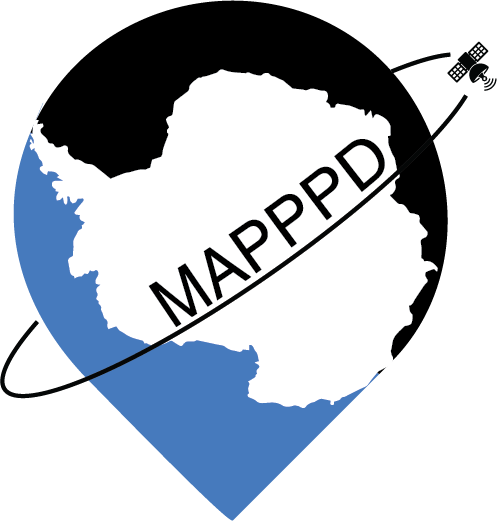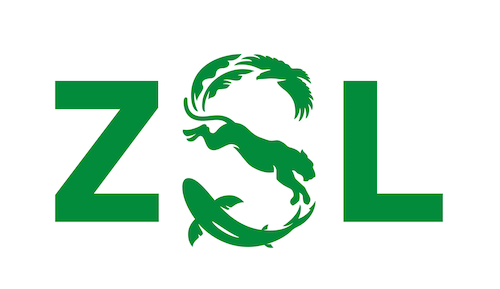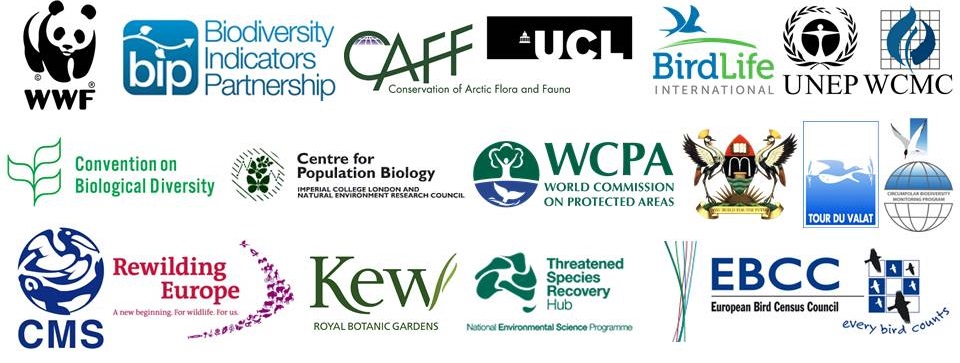Partners and Collaborators
Key Partners
|
|
Founded in 1826, the Zoological Society of London (ZSL) is an international scientific, conservation and educational organisation. Its mission is to achieve and promote the worldwide conservation of animals and their habitats. ZSL has been managing the Living Planet Index in a collaborative partnership with WWF since 2006. |
 |
WWF is one of the world's largest and most experienced independent conservation organisations, with over 5 million supporters and a global network active in more than 100 countries. WWF first developed the Living Planet Index in 1998 as a means to monitor the changing state of nature. |
|
|
The World Fish Migration Foundation was founded in the Netherlands to highlight the pressures on migratory fish. Once a local event, the World Fish Migration Day events now reach over 70 million people, and the foundation continues to work on the removal of barriers to migratory fish worldwide. The Living Planet Index has been used to assess trends in migratory freshwater fish species globally. |
|
The Biodiversity Indicators Partnership (BIP) is the global initiative mandated by the Convention on Biological Diversity (CBD) to promote and coordinate development and delivery of biodiversity indicators. The Living Planet Index is one of the key indicators that have been selected to measure progress towards the Aichi 2020 biodiversity targets set by the CBD. |
 |
Founded in 1954 in the heart of the Camargue by Luc Hoffmann, Tour du Valat has since developed into a research institute for the conservation of Mediterranean wetlands. ZSL has collaborated with Tour du Valat for over a decade, when the first LPI for Mediterranean wetlands was published. Through their network, Tour du Valat have provided population data for species from across the Mediterranean region which have been incorporated into the global LPI database. |
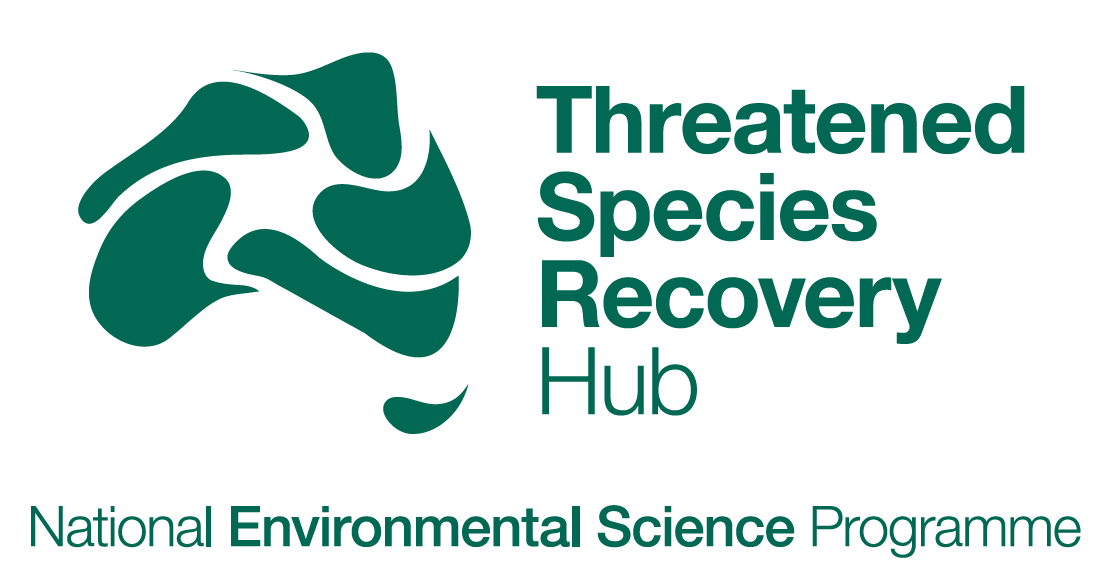 |
The Threatened Species Index (TSX) is a research collaboration of the National Environmental Science Program’s Threatened Species Recovery Hub, the University of Queensland and Birdlife Australia. It can assist policy makers, conservation managers and the public to understand how some of the population trends across Australia’s threatened species are changing over time. The method by which Australia’s TSX has been created is based on the Living Planet Index. |
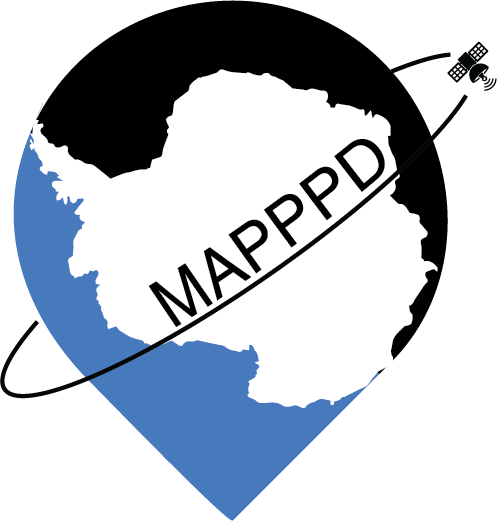 |
Mapping Application for Penguin Populations and Projected Dynamics (MAPPPD) project is contributing comprehensive monitoring data on Antarctic penguins to the Living Planet Index. The MAPPPD tool aims to track trends in Anatarctic penguin populations over time and assess the impact of climate chamge and human actitivites on these key species. |
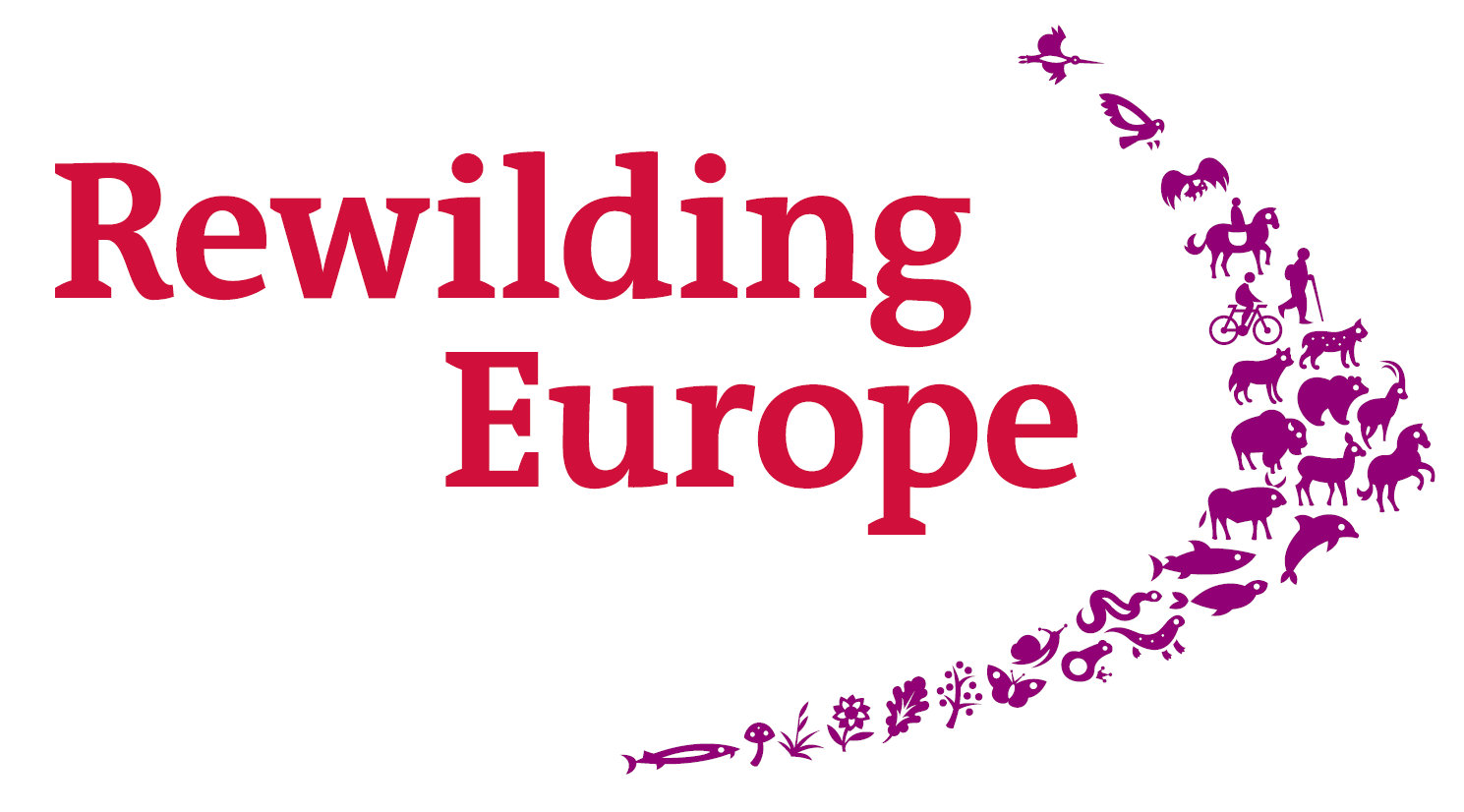 |
Rewilding Europe is an NGO and pan-European initiative formally established in 2011. It is working with numerous partners at a European, national and local scale, with the aim of making Europe a wilder place. ZSL's first collaboration with Rewilding Europe was on the publication of a comprehensive report on wildlife comeback in Europe in 2013. |
Acknowledgements
Special thanks to Jonathan Loh and Ben Collen, who were instrumental for the initial development and growth of the LPI. Thank you also to participants of the workshop on LPI development held in London in September 2023 whose conversations have helped inform the development of the LPI.
We are also very grateful to the following individuals and organisations who have worked with us and/or shared their data.
Richard Gregory, Peter Vorisek and the European Bird Census Council for data from the Pan-European Common Bird Monitoring scheme; the Global population Dynamics Database from the Center for Population Biology, Imperial College London; Derek Pomeroy, Betty Lutoaya and Herbert Tushabe for data from the National Biodiversity Database, Makerere University Institute of Environment and Natural Resources, Uganda; Kristin Thorsrud Teien and Jorgen Randers, WWF Norway; Pere Tomas-Vives, Christian Peremou, Driss Ezzine de Blas, Patrick Grillas and Thomas Galewski, Tour du Valat, Camargue, France; David Junor and Alexis Morgan, WWF Canada and all data contributors to the LPI for Canada; Miguel Angel Nunez Herrero and Juan Diego Lopez Giraldo, the Environmental Volunteer Programmer in Natural Areas of Murcia region, Spain; Mike Gill from the CBMP, Christoph Zockler, UNEP-WCMC and all data contributors to the ASTI reports (www.asti.is); WWF Netherlands and all data contributors to the LPI for global estuarine systems; all individuals who have provided data for the Canadian Species Index; Lorenzo Alvarez-Filip and collaborators for providing Caribbean reef-fish data; Sergi Herrando and the Catalan Ornithological Institute for providing the data behind the Catalan Common Bird Survey (SOCC), Ape Populations, Environments and Surveys (A.P.E.S.) database; all individuals who have provided data for the Forest Specialist Index; University of Queensland and the Threatened Species Index team and friends; Frans Schepers, Rewilding Europe and all contributors to the Wildlife comeback project; Arjan Berkhuysen, the World Fish Migration Foundation and all data contributors to the LPI of migratory freshwater fish.
Collaborators, funders and data providers

